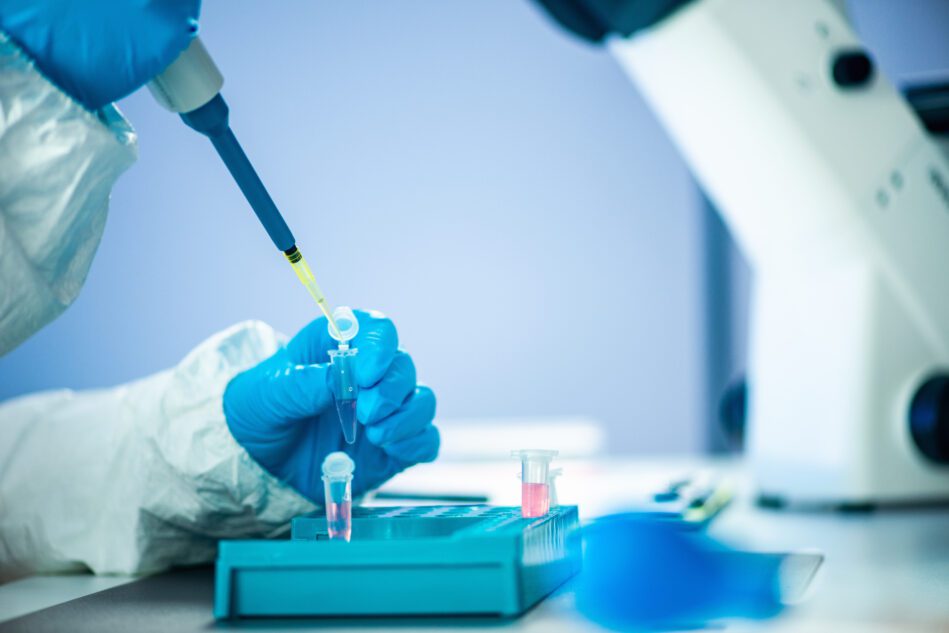MedShadow Regenerative Medicine Series: Part 1 | Part 2 | Part 3 | Part 4
You can find regenerative medicine in many settings, ranging from academic medical centers to facilities dedicated to providing only stem cell treatments from an individual doctor or even at a chiropractor’s office. With such variability, it’s important to be extra-cautious and ask lots of questions to make sure the treatment you’re considering is as safe as possible. Several people MedShadow spoke with emphasized that you should be treated by doctors who specialize in working with patients who have your disease or injury and who are skilled in administering stem cell treatment. “There is surprisingly little regulation about what a physician can do with their own office. In other words, I [as a plastic surgeon] could legally do brain surgery in my office,” explains Richard Bosshardt, MD.
The company you’re considering using, says Matthew Feshbach, CEO of Ambrose Cell Therapy, should request your medical records. Not doing so, is a “red flag,” he adds.
Leigh Turner, PhD, a bioethicist at the University of Minnesota, urges caution when considering an organization “offering a stem cell product and claiming that it can be used to treat dozens of diseases and injuries.”
The Food and Drug Administration (FDA) representative who spoke to MedShadow recommends asking the clinic officials if the FDA has reviewed the treatment, and, if so, review a copy of the investigational new drug application (IND) and any communications the company has had with the FDA. However, these documents may contain technical information that is difficult for a layperson to interpret.
For treatments that are not FDA-approved or subject to clinical trials, Feshbach suggests reviewing the protocols and confirming that the providers are administering cells processed using Good Manufacturing Practices (GMP) to prevent contamination. Like the IND, these protocols include technical specifications, which may be challenging for non-medically trained people to understand.
Lastly, Turner suggests seeking information from the International Society of Stem Cell Research (ISSCR). The group has published patient resources, including advice for patients considering these types of treatments. You can find the full ISSCR handbook for patients here. Below, are key questions:
About The Facility
- What will be done if an adverse reaction (bad side effect) develops? Who is the person to contact during an emergency or research-related injury? Who will provide emergency medical care?
- How is the clinic prepared to handle emergencies, such as a serious allergic reaction?
- Who is the doctor in charge of the treatment? What specialized training does this doctor have? How well-trained are the other doctors and the technical support staff who work there?
- Is there any independent oversight of the treatment plan, for example, an Institutional Review Board? Can the facility provide several names of scientists and clinicians who can give independent advice about your facility?
- What independent oversight or accreditation of the clinic exists where the treatment will be done and the facility where the cells are processed?
About The Treatment
- Explain the treatment routine for this specific disease or condition.
- Is the treatment part of a formal clinical trial?
- What are the alternative treatment options for this disease or condition?
- What is the scientific evidence that this new procedure could work for this disease or condition? Where is it published? Ask for a copy for review.
- Have there been (earlier) clinical trials? What did the clinic and its staff learn from these trials?
- What follow-up treatment is given and for how long? What will you need to do?
- What are the risks of the procedure itself, and the possible side effects, both immediate and long-term?
About The Product
- What is the source of the stem cells?
- How are the stem cells identified, isolated and grown?
- How are the cells differentiated into specialized cells before therapy?
- How are the cells delivered to the right part of the body?
- If the cells are not the patient’s own, how will her or his system be prevented from reacting to the transplanted cells?
About The Results
- What are the possible expected benefits? How are these benefits measured and how long does it take to realize them?
- After having the treatment, how could it affect getting into another clinical trial or having another treatment?






